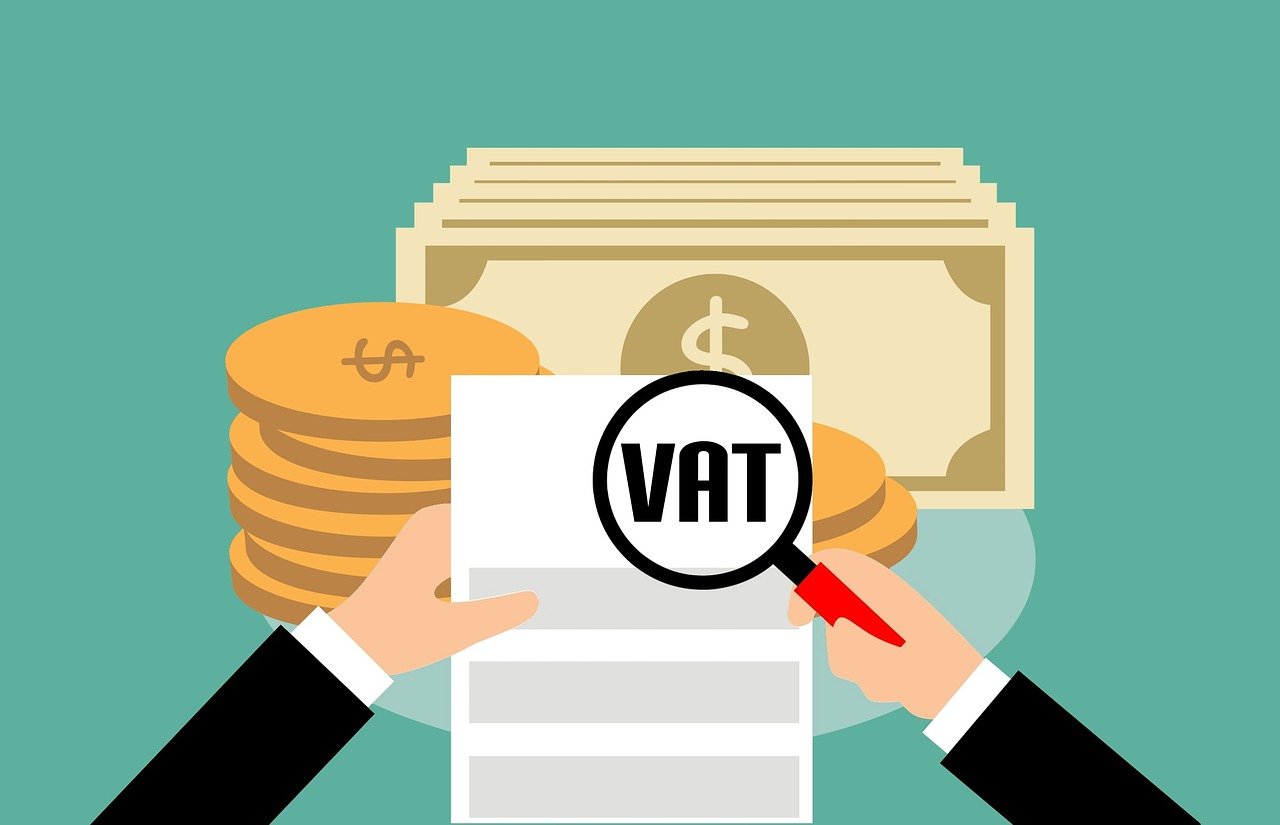7% VAT rate set to continue
HLB Thailand Tax Team
To relieve the burden of living expenses and build confidence in the business sector, the Thai Cabinet resolved on 13 September to approve the extension of the 7% VAT rate to 30 September 2024 for the sale of goods, provision of services and imported goods.
The Ministry of Finance has considered that the expansion of the Thai economy in 2023 and next year is subject to risk factors from the volatility and slowdown of the world economy.
In addition, the Thai economy is still in the process of continuous recovery from the pandemic. This is based on data from the analysis of the Thai economy for the second quarter of 2023 and the outlook for 2023. The National Economic and Social Development Board (NESDB) found that the Thai economy in the second quarter expanded by 1.8 percent, which slowed down from the expansion of 2.6 percent in the first quarter of 2023. Business and household sectors have faced increased costs due to increases in interest rates and prices of goods and services.
Maintaining the VAT rate at 7% will support the recovery of domestic consumption spending and enable the Thai economy to expand as expected.
Thailand’s tax revenue collections in terms of its ratio to GDP is relatively low compared to OECD countries and VAT forms a large part of the Revenue Department’s tax collections. Tax reforms are needed to increase tax collections in the long term, against the backdrop of an ageing population and shrinking workforce.
In terms of budget management, the government will act with a targeted approach in the aspects of growth, reducing inequality, and maintaining stability. Fiscal discipline will be strictly adhered to, especially regarding the nation’s tax income. Efficiency in tax collection will be improved along with promoting trade, investment, and tourism to generate income for the public. This money will, in turn, feed back into the tax system to fund future policies.
The new government will proceed to implement the 10,000 Baht Stipend Policy. The government reports that this policy will serve as an economic stimulus to rejuvenate the economy comprehensively and circulate throughout all areas down to the grassroots. It encourages consumer spending and creates opportunities for people to engage in professions. Meanwhile, the business sector will expand its investment, resulting in increased production, job creation, and professional opportunities. The government will receive a return in the form of taxes, and importantly, lay the foundation for a digital economy in the country.









